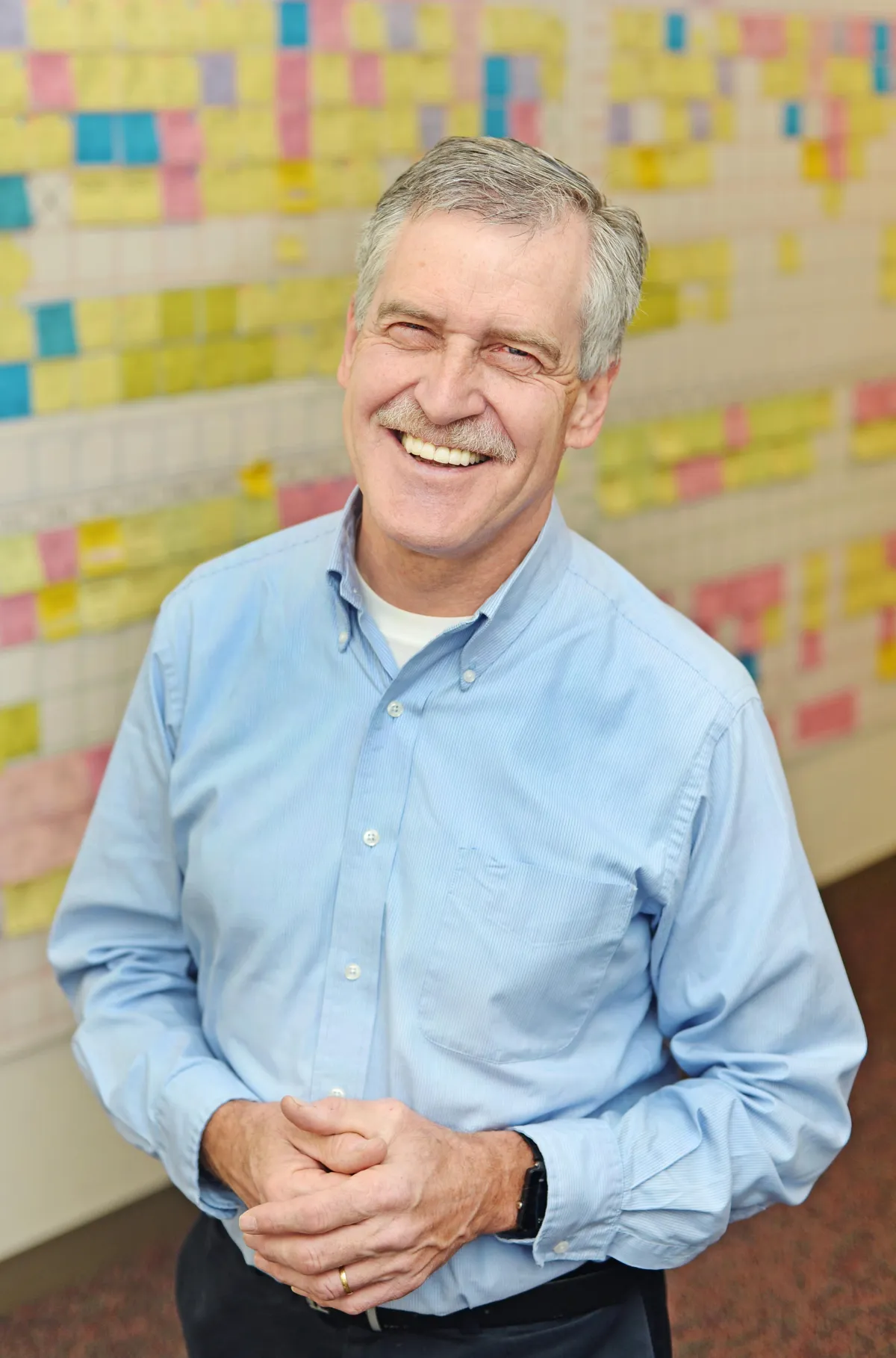
Special Guest Expert - Norbert Majerus

Norbert Majerus
I retired after a long career in innovation and I learned everything the hard way. That is why I love to share what I learned to help everybody succeed in their careers or in life. That is why I write books, speak at conferences and coach people. I spent more than 40 years in the industry in innovation, as an engineer, leader, coach, consultant. I wish I had known what I know now earlier in my life – I would have had a totally different career.
Connect with Norbert:
Please Share This With Your Followers
